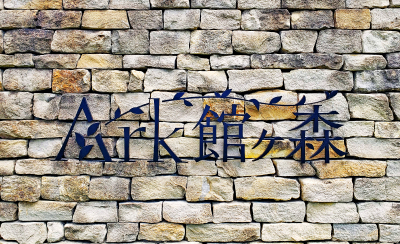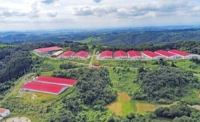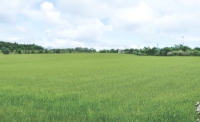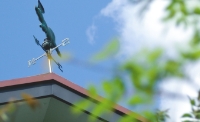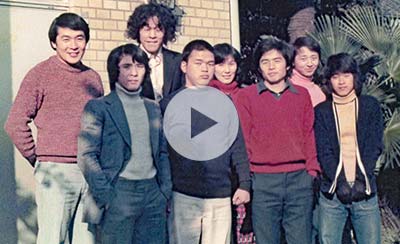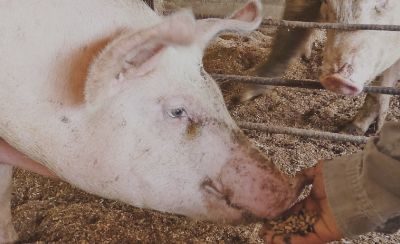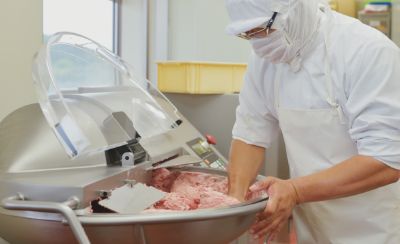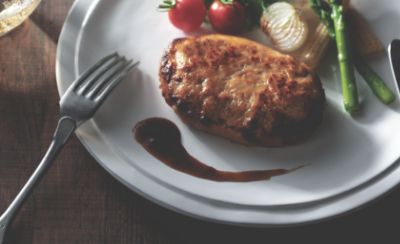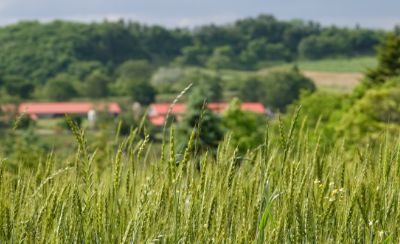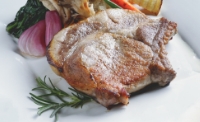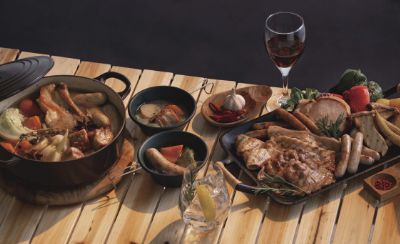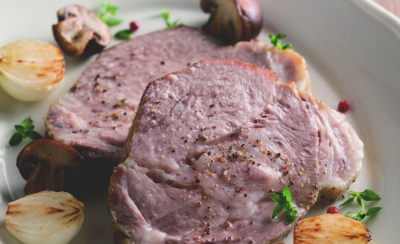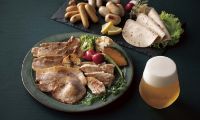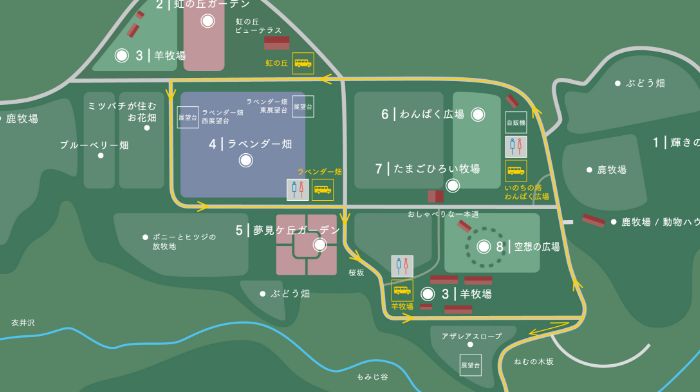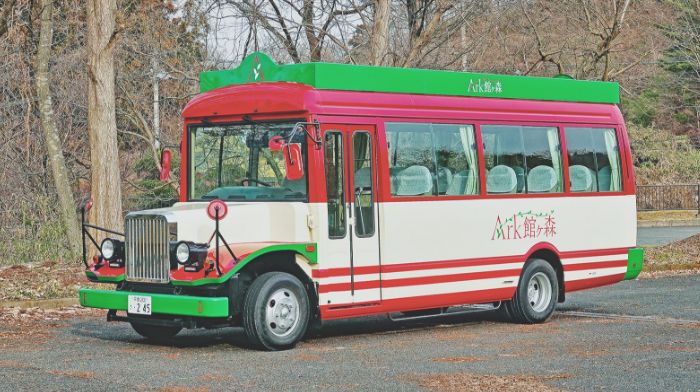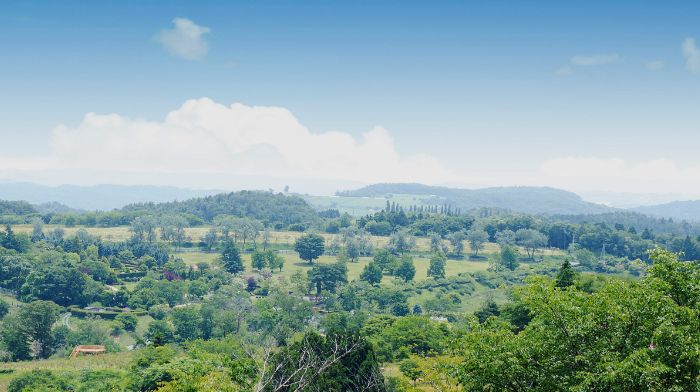Today is the last day of this year's blog, which is written every day by our employees.
thank you for always reading.
I would be happy if you could read this till the end today.
A while ago, I came across a very interesting story. I'm talking about a chef at a fish restaurant who doesn't take reservations until several months in advance. We are very particular about the fish we use.
In a sense, I think it's natural to be particular about it, but what surprised me was what happened next.
``The important thing about fish is as soon as you catch it.The cooking process has already started when you catch it.
After catching the fish, how do you take it to the boat? How do you transport it to land after you catch it? The cooking process has already begun from the moment the fish bites the fisherman's hook. ” he says.
I will omit the details due to space constraints, but I think many people will understand this as one of the high-level techniques for handling fresh fish. The cook said that by looking at the fish that came ashore, he could tell how the fishermen treated them on the boat. I was surprised.
Looking back, I realized that the same thing could be said about our work.
Pigs are raised on a pig farm and shipped as meat pigs. We also harvest and ship vegetables from the fields. Collecting and shipping eggs from chicken houses, etc. There is a moment when the various living things that we have worked so hard to raise at each site are turned into products.
At times like these, I think it's important to have a sense of tension, thinking that ``it's already starting to play a role as a cooking ingredient.'' I wanted to share this way of thinking with the employees in the field.
We grow our products with care and carefully ship them to become food. I think most of this has already been done. However, I don't think anyone can go beyond that and be able to sense the cook's eyes, tongue, and hands when handling the food.
If you think about it, if you pursue more deeply the idea that is our starting point, ``agriculture where customers can see their faces,'' you will arrive at that point. It was a story that I would like our employees to reaffirm.
What we especially felt during this year's coronavirus pandemic was the certainty and importance of agriculture during times of social emergency, as well as our responsibility as food producers.
However, it is very unfortunate that Japanese politics does not seem to support this as an agricultural policy.
One more word from the chef mentioned above. This is a story about developing disciples as human resources.
``In the first year, we will have you focus on managing the sardines.You will learn the skills, and the impatience to do other jobs will strengthen your mental strength.The difference will be whether you are willing to take a detour.Experience Because that’s the only thing that will support me.”
It may be harsh, but please take this as a message of support to young people.
Let's do our best next year.
The photo shows the new Kurokizawa Farm, which is currently under construction as a fattening farm for the pig farming division. The far left view is an asparagus farm.
Kurokinosawa Farm is scheduled to be completed and operational by the end of next year. I hope that young people will lead the way.

Thank you very much for your help this year.
We look forward to your continued support next year.
We hope that the Olympic and Paralympic Games will be held safely and that the coronavirus pandemic will come to an end as soon as possible around the world!
And now, like all of you, I would like to express my gratitude and respect to the hard work and dedication of the medical personnel.
Let's spend New Year's Day quietly and not move too much.
Here in Fujisawa-cho, Ichinoseki City, we have 20cm of snow. I can't move much because of this.
Dear readers, I wish you a happy new year.
Shizu Hashimoto


